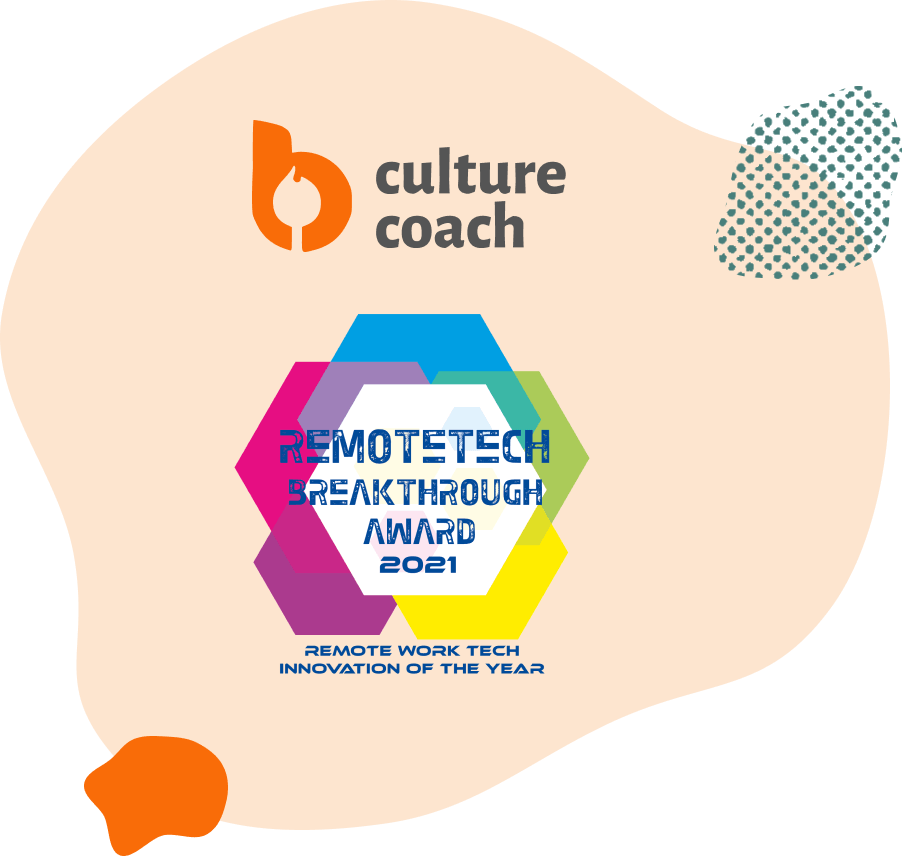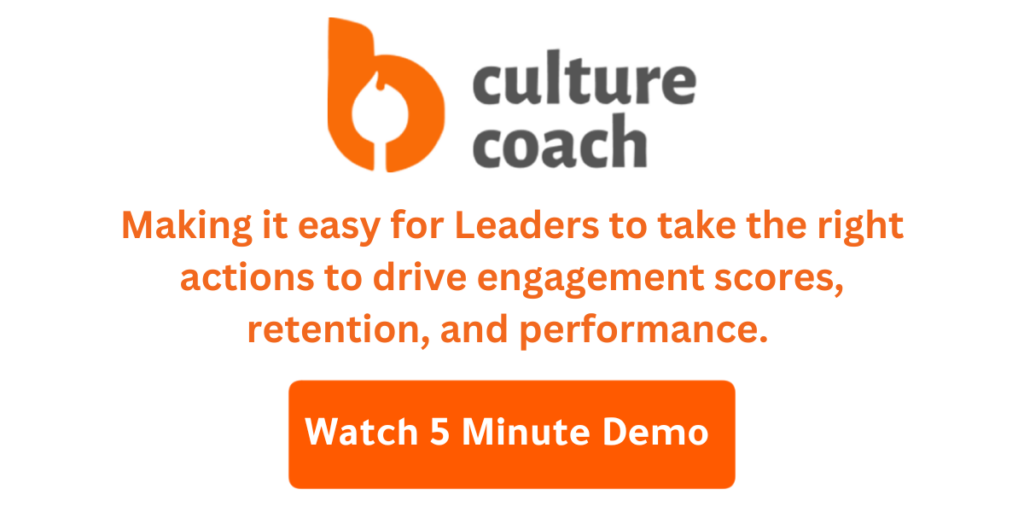We’ve been measuring employee engagement (“EE”) through surveys for decades with Gallup perhaps longer than anyone else, and while there had been a slow increase from 2000-2020, the vast majority of employees are not engaged with recent declines being cause for concern (see their Jan ’23 article on this here).
Why the slow increase and recent decline despite decades of measurement? How is this possible? 🤔
Dozens of HR Tech companies like Bonfyre aim to answer this question through our solutions informed by data and research. I recently came across a June 2022 paper that summarizes 138 other studies and papers on EE that I believe points to an increasingly clear answer.
The authors come to 3 conclusions:
Rethink employee engagement as a social construct
“Three main conditions [drive] attachment towards [work]… social interaction, social exchange, and social recognition”.
The pandemic made us all acutely aware of the consequences from reductions to these social ‘conditions’ which span work and non-work –a brainstorming exercise, team building activity, or celebrating a personal or professional milestone all fit within this framework.
Takeaway #1: Engagement is about group interactions around work and non-work topics.
Engagement for each person is ever-changing
“Engagement can impact positively on both the employee’ general wellbeing and their performance.” Organizations have been investing in wellbeing for decades with sharp increases following the pandemic in response to employee stress but there has been two conflicting tracks of research with how this impacts performance.
Research is “increasingly focus[ed] on the constructs of ‘state’ and ‘momentary’ engagement.. that [it] varies not only between individuals but also within the same person.” In other words, an individual’s engagement levels will fluctuate over time.
The authors conclude that “monitoring EE dynamically, especially through modern digital technologies, may enable companies to predict in real time, allowing to foster it in increasingly turbulent settings.” Taken together with #1, this is all about interactions.
Takeaway #2: To operationalize engagement, organizations must supplement survey-based “moment in time” measurement with interaction-based analysis and enablement.
Human-centered approach = performance
“Engagement can impact positively on both the employee’ general wellbeing and their performance.” Organizations have been investing in wellbeing for decades with sharp increases following the pandemic in response to employee stress but there has been two conflicting tracks of research with how this impacts performance.
The authors suggest there should be more research “in which engagement is considered a psychological dimension of wellbeing or… as a component of happiness at work”. Again, intuitive that there is a relationship between engagement and wellbeing.
Takeaway #3: Perhaps the most efficient way to improve wellbeing and performance is to invest in engagement – both from dollars invested and time spent supporting those programs.
Want to improve EE at your organization? Here’s what I takeaway from this research paper:
- Embed team-level interactions into journey mapping. Be intentional about and invest in enabling Managers to drive virtual and in-person interactions within their team at enterprise scale. Not just action plans, but tools to drive and measure them.
- Supplement EE surveys with interaction-level measurement and enablement. Surveys provide helpful guidance and insight, but if you want to move the needle (and know what did), you’ve got to get closer to actions (e.g. interactions). Doing #1 helps here too.
- Fight for EE investments. While more narrowly targeted investments in wellbeing like EAPs or performance management tools are of course helpful, if your workforce is disengaged the ROI from these investments will be incremental at best because they won’t use them anything close to their full potential.
– – – – – –
Help managers become better leaders with Culture Coach

Drive leader behavior at scale
Awarded “Innovation of the Year” by RemoteTech Breakthrough, Culture Coach is the only closed-loop digital coaching solution.
Nudges with ready-to-implement actions make it easy for managers to improve engagement, culture, and inclusion. And with activity captured on the Bonfyre platform, Culture Coach optimizes for the greatest impact.
Learn More


 4 min
4 min




